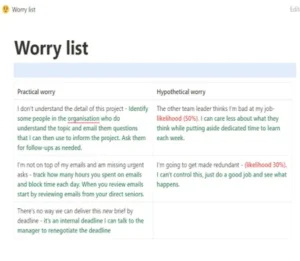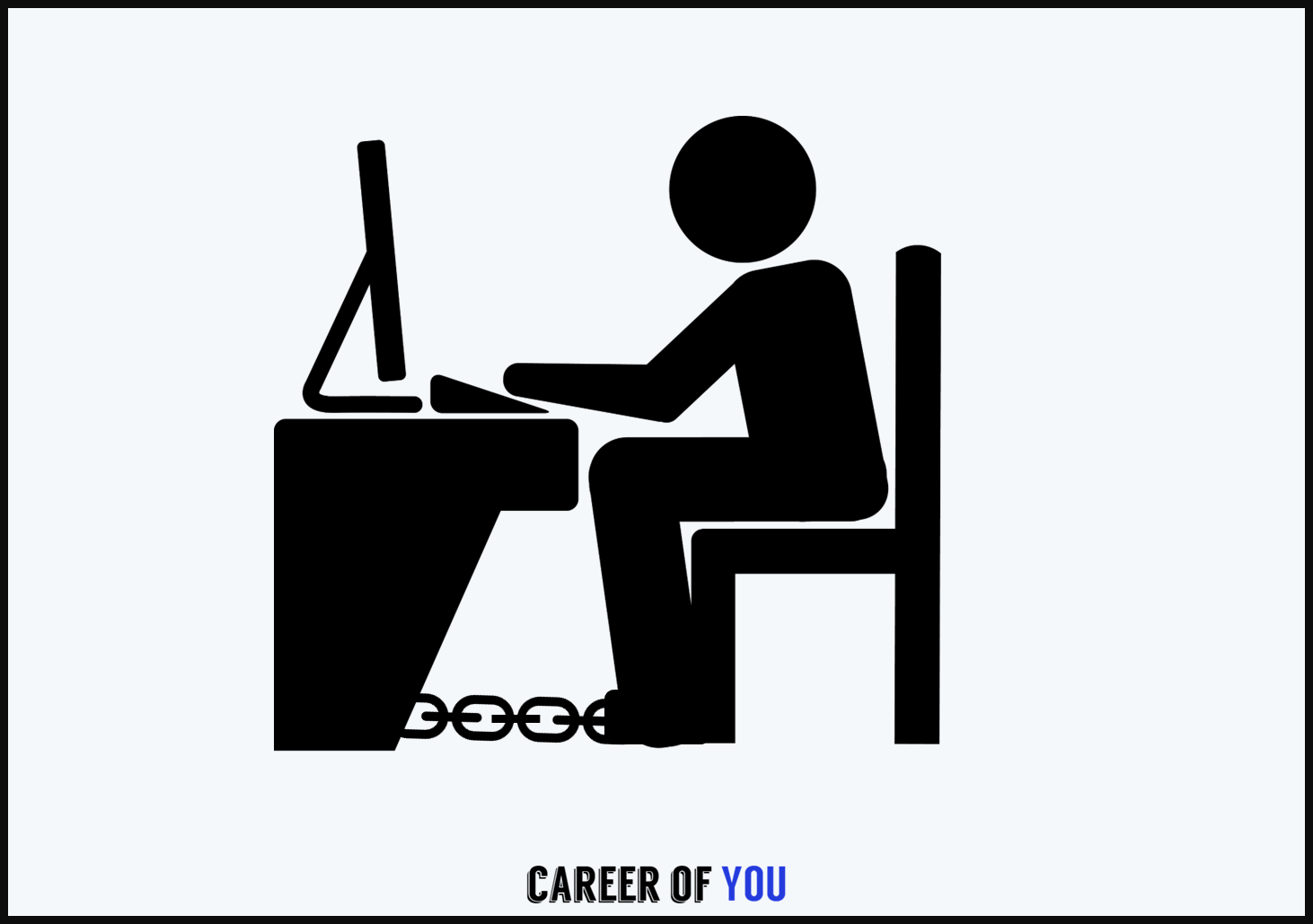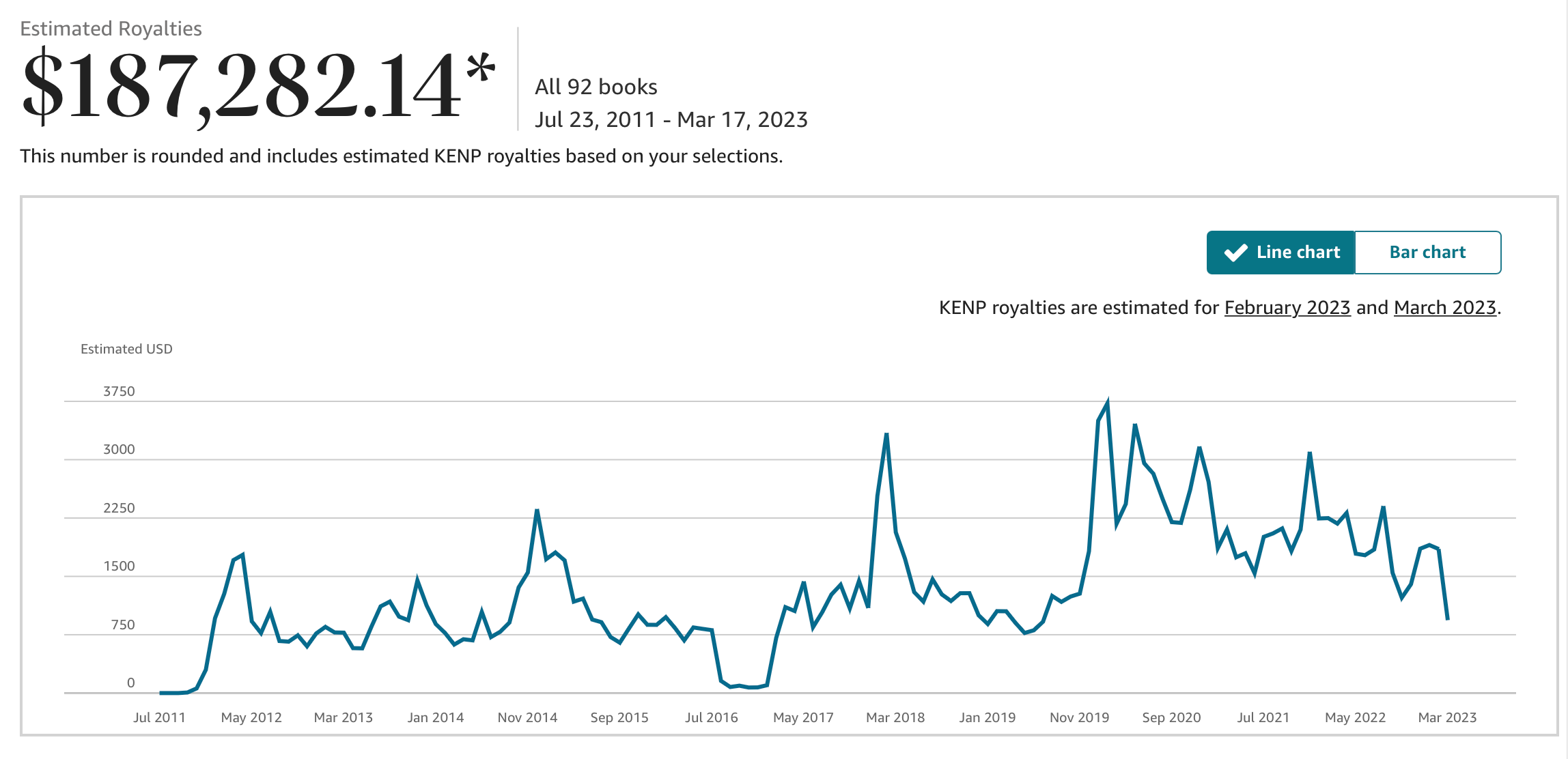Over the last 15 years, I have worked in 8 different organizations and held 10 roles with increasing levels of responsibility. The feeling of getting a new job is always great — but each new role is also a step outside of my comfort zone, and into foreign territory.
And as the roles have gotten more senior there’s an increasing level of scrutiny from bosses, peers, and subordinates. For example, the role I’m currently in is arguably a dream job for where I am in my career right now; but there are several people in my team who applied for my job and didn’t get it, who I’m convinced are constantly analyzing every statement and nonverbal gesture I make for signs of my competence and motivations.
This added anxiety doesn’t make starting a new job easy — and of course, leads to feelings that I’m not good enough to be in the position, that a mistake was made during the interview process, and that it’s only a matter of time until I’m found out as a fraud.
But believing you’re unworthy of a new position doesn’t serve you. All it does is create an additional layer of pressure on the workday, which is already challenging when adjusting to a new role.
Over the years I’ve developed a series of coping mechanisms, which have helped me better manage the first few months in a new job. They are based on my own experiences, so while they are not guaranteed to work for everyone, if you’re reading this, I hope they will at least help you manage the transition.
You are going to feel insecure so you might as well make use of it
If you’re in an unfamiliar role, where the chances of failing are high, you’re going to feel insecure for the first few weeks. I used to berate myself for feeling worried and tried to ignore these feelings until they passed. But I’ve learned that it’s far more effective to get curious about why I’m feeling insecure, to better understand what’s causing me to feel like an imposter.
The trick is to remember that insecurity is rooted in anxiety, which is essentially your mind’s alert system. It manifests in physical discomfort (palpitations, feeling nauseous, etc) as it wants you to pay attention you to potential threats, in this case, professional failure. This can be beneficial in two ways:
1) If you can identify what the potential threats are, you can identify actions that will reduce the chances of them occurring. The most effective way I’ve found of doing this is by creating a worry list. Over the course of a day, I capture all the things I’m worried about. Then at the end of the day, I segment the worries into two groups –
a. Practical worries: problems that are affecting me right now, which I can solve through action.
b. Hypothetical worries: what if thoughts about things that have not yet happened but might happen in the future. For these types of worries, I assess the likelihood of them occurring and put plans in place to mitigate my worries, if possible. If it isn’t possible, I do my best to put them out of my mind. While this isn’t easy, I’ve found asking myself the question “how helpful is worrying about x?” very useful, as I quickly realize worrying about it isn’t solving the problem and is in fact making my performance worse.

2) Time and time again in new roles, I have found that feeling insecure is a great source of motivation. If, through my worry list, I become aware of a competency gap, and I’ve identified actions I can undertake to improve the situation, then feeling like an imposter has given me the necessary motivation needed to undertake extra learning to fill in gaps in knowledge and skills.
By combining these two techniques I’ve found that I’m able to alleviate feelings of imposter syndrome faster — I understand the concerns behind my feelings, I identify the steps I need to take to de-risk the situation, and I’m motivated to work hard to prove myself.
Your perception will not be the same as others — you don’t actually know what people are thinking
One of the main issues I’ve experienced when feeling like an imposter is my fear that others are judging me as not good enough to be in the position. I find it’s really easy to start telling myself stories that a colleague doesn’t respect me, or that my boss is frustrated with me.
You’ll be shocked to read this — but I’m not actually able to read people’s minds.
Instead, I’ve learned that when I’m worried about a work situation — I need to challenge my thoughts by considering the evidence for and against them. To do this I ask myself a series of questions.
So for example, I’ve recently been concerned that my boss is blaming me for a challenging situation on a project, due to issues with an external organization. To assess the situation I asked myself the following questions:

By taking ten minutes out of my day to ask myself these questions my feelings of worry and insecurity were greatly reduced. Rather than ask my boss for feedback, I chose to wait for my mid-year performance review to see if it was raised as an issue. And guess what — she did raise it, but only to say she thought Id delivered good work in an extremely challenging situation.
The next time you’re feeling insecure in a new role, take a few minutes to step back from the situation and really scrutinize how you are perceiving the situation — when your dealing with feelings of imposter syndrome there is often a gap in how you perceive your own competence versus how competent you actually are.
Don’t worry about technical competence too much at the start — admit what you don’t know and learn from people around you
In a previous organization, I joined to be head of a team of technical experts. I thought I knew my stuff when I joined the team, but I quickly realized that many of my peers had decades of experience compared to me. I spent weeks trying to swot up over evenings and weekends. I chastised myself daily. I questioned why I was even hired. In meetings I would try to demonstrate my competence by proving my technical knowledge, knowing if people asked a follow-up question I’d be found out.
Then I realized something — I was trying to achieve the impossible. The people around me have decades of experience and had learned by doing. I couldn’t replicate that over a weekend.
I reached a decision point — I could either pretend I knew it all until I did (fake it till you make it) or I could choose to be vulnerable. I chose the latter, which turned out to be a really positive experience.
When I stopped trying to show I knew everything and started to listen and genuinely try to learn from the experts around me, they felt respected and were willing to invest time in helping me acquire new knowledge. My role became more about clearing a path for these experts to apply their knowledge and do their best work, while I was able to increase my knowledge base at a steady rate over a period of months, not weeks.
And interestingly, when I admitted I didn’t know stuff — the people I managed felt comfortable admitting to me they also felt out of their depth. So rather than my peers just explaining new concepts to me, we held regular learns which were recorded so we had a library of videos to help any new staff skill up.
You need to accept that it’s normal not to know everything at the start of a new role — nor are you expecting to.
In the first few months of a new job, set aside regular time to learn, and track your progress — if you focus on how your learning is progressing, rather than purely on how you are performing in the role, your feelings of insecurity will greatly decrease.
Use your support network
I guarantee that anyone who has stepped outside of their comfort zone has dealt with feelings of insecurity or felt like an imposter at some point — whether it’s a lawyer presenting their first case, a teacher standing up in front of a class for the first time, or a new medium writer hitting publish.
Seek support — you don’t have to deal with these feelings alone, and you’ll find others around you have good models for how they have dealt with imposter syndrome throughout their career journeys.
When you feel like an imposter it’s unlikely that your own mind is a reliable narrator of your own performance. You need a network of ‘safe people’ around you who you can share how you’re feeling with. Ideally, these should be people who are ahead of you in their careers and can draw on their experience to help you deal with your own feelings of insecurity. This can be mentors, friends, family, you name it.
However, a word of caution — this network should not include a new boss or members of a team you’ve just joined. If you are constantly seeking validation from a boss or a teammate early in your relationship with them, it may cause them to doubt your ability to deliver.
Remember why you took the job in the first place
No one likes feeling like an imposter in a job. But those feelings of insecurity are to be expected when taking on any new challenge. It means that you’re out there exploring. It means you’re in a place you haven’t been before; maybe you’re learning a skill for the first time and that makes you feel clumsy or incompetent.
Just keep in mind why you took the job in the first place -to take on a new challenge, to learn something new, to grow. This is always going to involve some short-term discomfort.
But it’s just that, short term. The more time you spend in the job, the more time you spend learning, the more your feelings of being an imposter will subside.
And then you’ll take a new job and the cycle will start all over again… 😉





